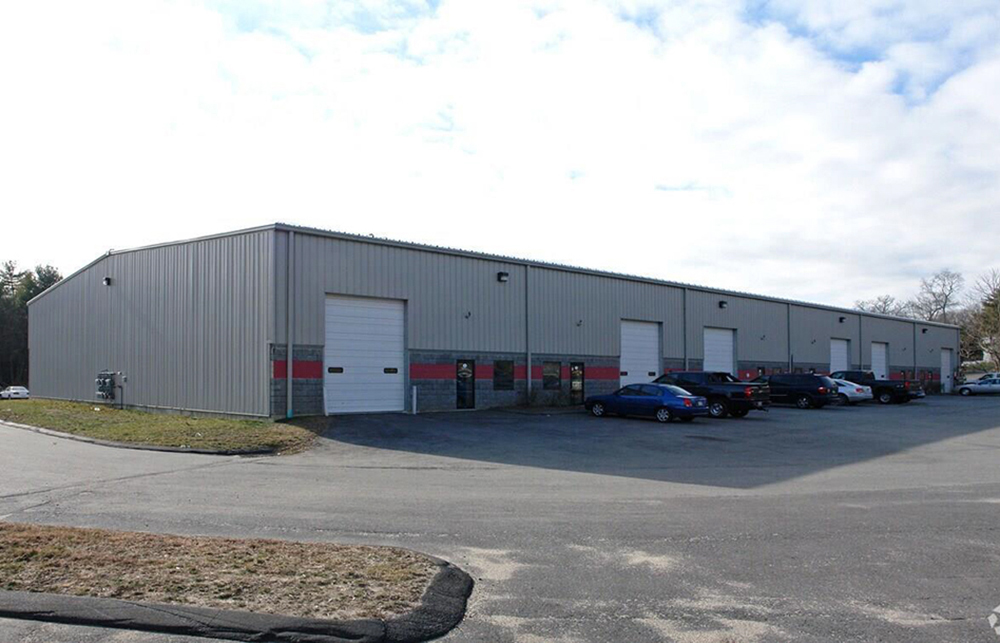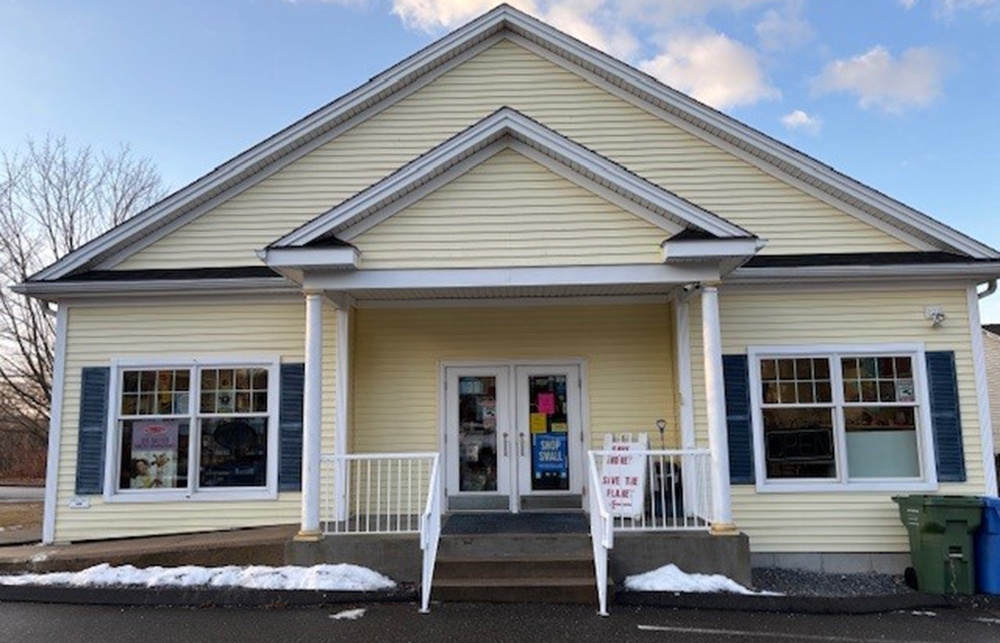The Wilder Companies reports new personnel and promotions
Boston, MA According to The Wilder Companies, the national retail real estate development, management, and leasing firm, the following people have recently joined or been promoted:
• Angelo Russo, CPA joined The Wilder Companies as vice president of finance. In his new position Russo is responsible for the financial and accounting functions of The Wilder Companies and all its managed properties. His responsibilities also include oversight of the Human Resources and IT departments.
• Jill Crouch joined the company as human resources manager. In this capacity she will be responsible for maintaining and enhancing Wilder’s human resources including policies, programs, and practices.
• Courtney Dobrowolski is Wilder’s new leasing/marketing coordinator. In her new position Dobrowolski will assist in all aspects of retail leasing, trade show participation, and executing both B2B and consumer marketing strategies.
• Rebecca Nyenhuis, was named development services coordinator. She will facilitate tenant coordination and handle construction documentation, tracking projects from contractor bidding to tenant opening.
“The ability to add both seasoned executives and new, upcoming talent is critical to our ongoing success,” said Wilder principal, Andy LaGrega. “We look forward to this diverse group becoming an integral part of our team.”
• Ryan Feinberg was promoted to senior leasing representative. Feinberg’s leasing focus is on specialty centers, urban properties, and mixed-use developments throughout the Wilder portfolio. He joined the company in 2010 as an intern.
• Eileen Boylen of Wilder’s development department was promoted to construction manager. Boylen joined the company in 2013 as a senior tenant coordinator. In her new position she will take a more active role in the management of construction projects throughout the portfolio.
RapDev leases 17,587 s/f at 501 Boylston St. - lease brokered by JLL


Newbury Street: Boston’s timeless retail gem thrives in a modern era - by Joseph Aquino
Boston’s iconic Newbury St. continues to thrive as one of the most vibrant and compelling retail corridors in the United States. Nestled in the heart of the Back Bay, this historic St. has evolved into a powerhouse of high-St. retail, where luxury meets lifestyle and legacy brands coexist with up-and-coming names. With its European charm, diverse architecture, and unmatched foot traffic, Newbury St. remains a dynamic reflection of Boston’s energy, culture, and economic strength.

Retail / tariffs / uncertainty and (still) opportunity - Carol Todreas
As new tariffs continue to impact the global economy, retail businesses and investors are grappling with heightened uncertainty. From new high tariffs to supply chain issues to evolving consumer behaviors, continual changes are making it as or more challenging than the pandemic years. Yet, amidst this turbulence,

End of the year retail thoughts - by Carol Todreas

Placemaking and retail in 2024 - by Carol Todreas
Placemaking. That is the word for 2024. While the concept has historical precedence in urban development, it became part of our current culture in the 1960’s when urbanists started to think about cities for people, not just cars.









.png)
